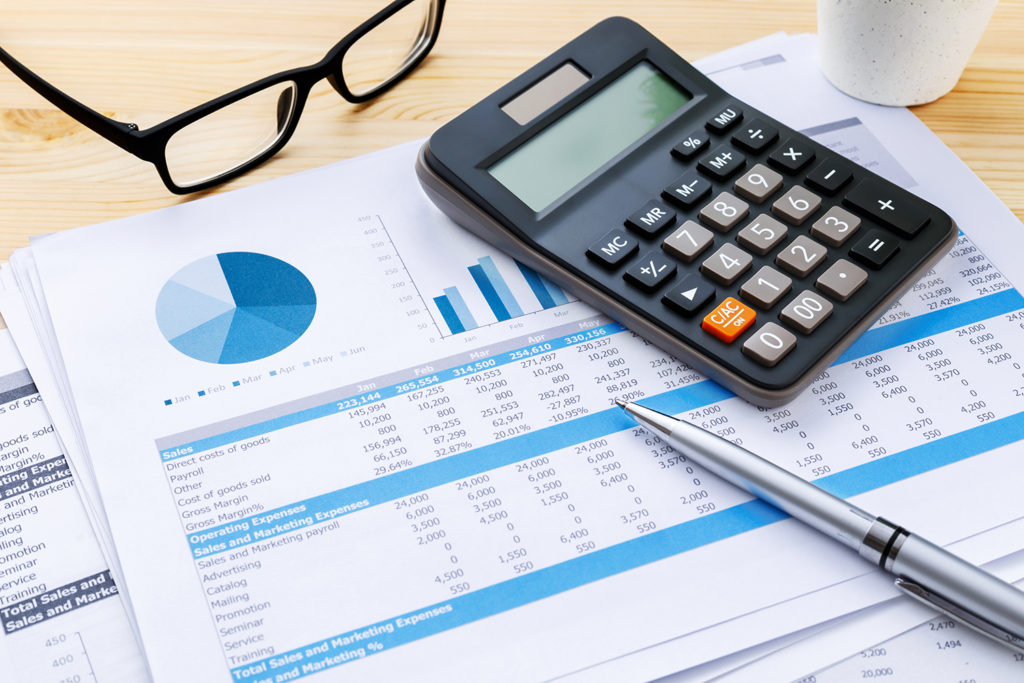It’s not always easy to make ends meet these days. Even in a good economy, most Americans are struggling financially. We work hard, but the bills just keep coming, and it is all too easy for debt to grow and paralyze our finances.
But not all of our financial problems are beyond our control. More than 1 in 5 working American adults do not set aside any of their earnings as savings, experts report. That’s a very bad thing, because long-term savings will help you protect yourself from sudden expenses and grow your net worth through investments.
It would be easier to save if you made more money, of course — that’s true for everyone. But, for many of us, there’s another factor. We’re simply wasting too much money. If we reigned in our spending and were more careful with our hard-earned money, we’d have more cash left over to save for a rainy day or for our long-term financial goals. You can find places in your regular budget and general personal finance strategy that you could tweak for bigger savings. Here are some things you should do.
Use tax-advantaged accounts more
Hopefully, you’re saving some money in tax-advantaged retirement accounts like 401(k)s, IRAs, and Roth IRAs. But these types of accounts are not the only tax-advantaged accounts that you have access to. You can also save money in tax-advantaged accounts that are designed for things like education- and health care-related expenses. You can withdraw money from these accounts for their intended purposes, so this has nothing to do with your insurance coverage, explain experts at neurosurgical offices. If you have health care expenses, you can be quite confident that you’ll be able to draw from your tax-advantaged health savings account.
Making more use of tax-advantaged accounts will save you money on your taxes, naturally. And every penny that doesn’t go to Uncle Sam could be used to bolster your own financial future, so make sure that you’re familiar with all of the important tax-advantaged accounts.
Wait longer to upgrade your phone
Most of us are pretty reluctant to drop $1,000 on something — in fact, most Americans don’t have $1,000 in the bank, experts say. But when we get sick of our old phone or break its screen, many of us are all too willing to rush out and buy the latest iPhone. Sure, the expense may be paid out month by month, but it will be paid monthly for a long time to come — and you could avoid this expense by just fixing up your old phone and using it for a little longer.
An iPhone 7 may not be a wonderful as an iPhone XS, but an iPhone 7 screen replacement is a whole lot cheaper than a brand-new iPhone XS. Be smart, and be more careful with your money.
Cook for yourself
If you work hard, you may find that you rarely have the time to make your own meals. But consider this: While you may be helping your career by working so much, your financial gains are being eaten into (no pun intended!) by your spending on takeout and restaurants. If you’re buying lunch for $15 at work every day, then you’re spending $75 a week — or nearly $4,000 a year.
While it’s not always easy to make time to cook, it’s important that you try. Consider meal prepping, which will give you multiple meals with just one cooking session. Or grab some quick meals that you can just heat up and serve (try to pick healthy ones, though). If you’re cooking more at home, you’ll be spending less on take-out, delivery, and restaurants — and that’s money that you can use to grow your wealth and protect your long-term financial health.

Leave a Reply